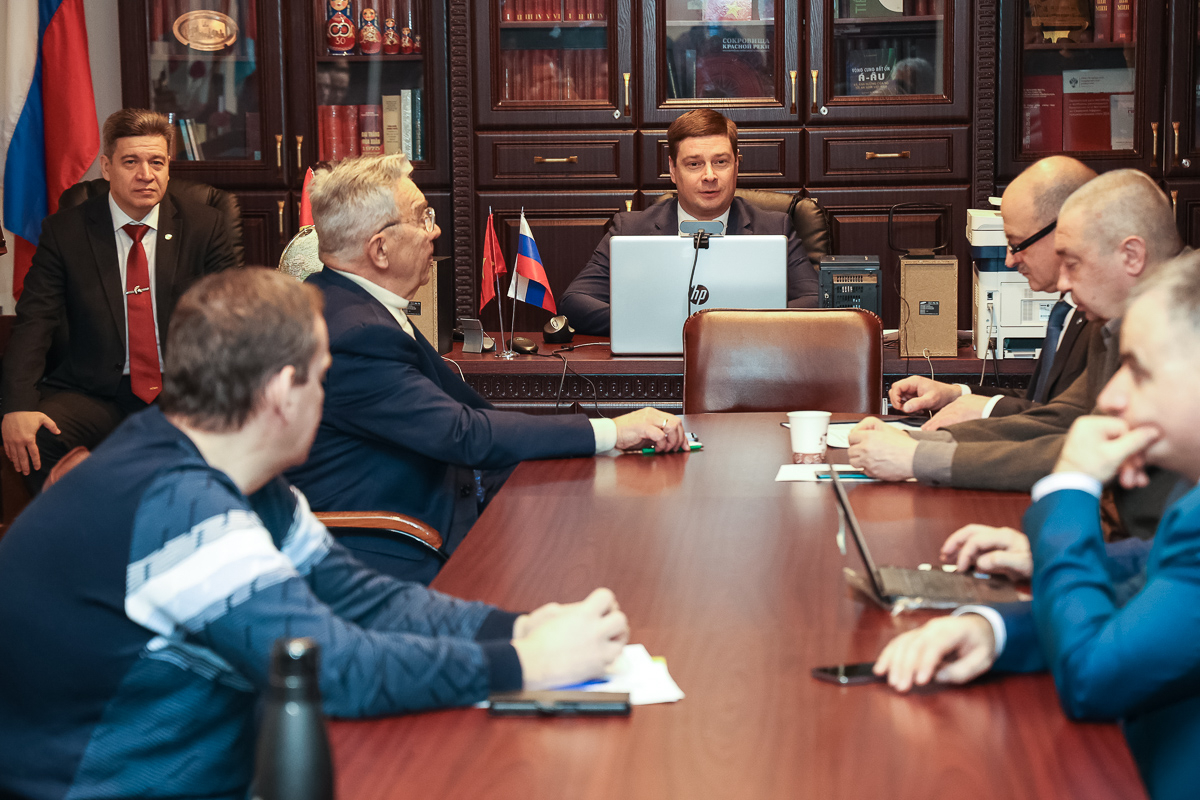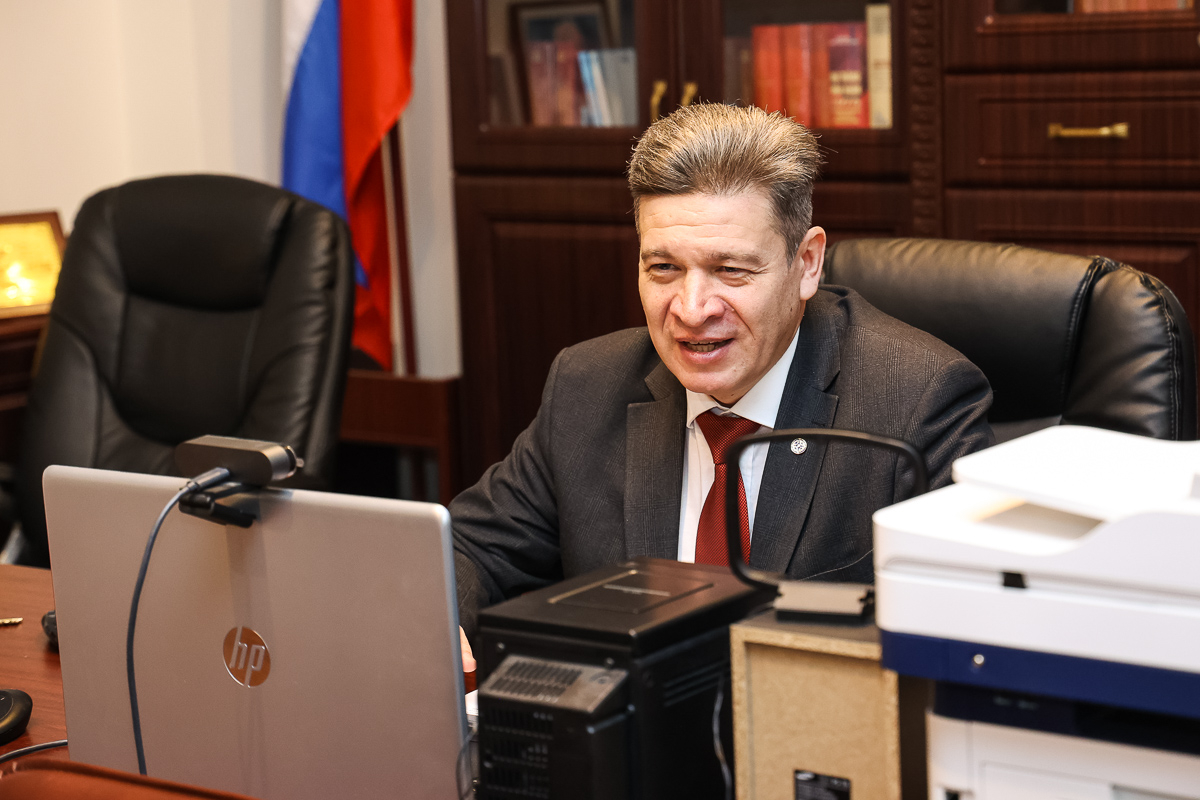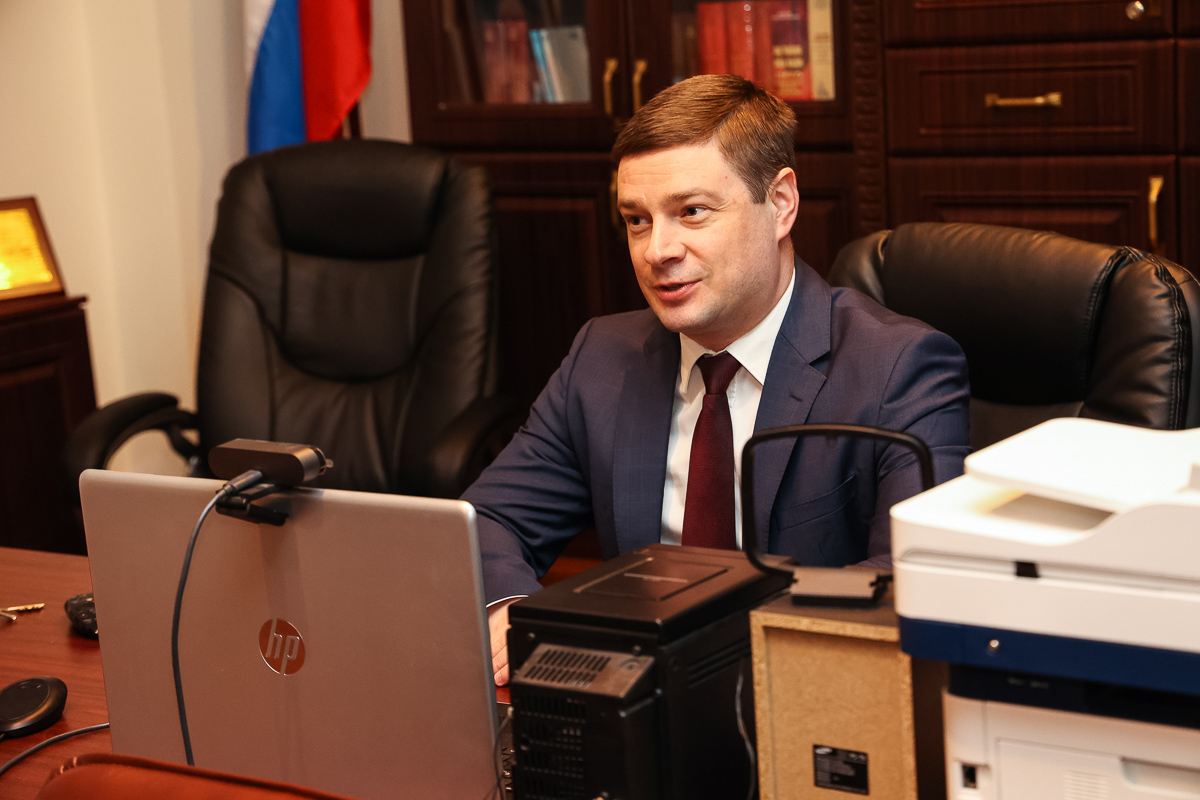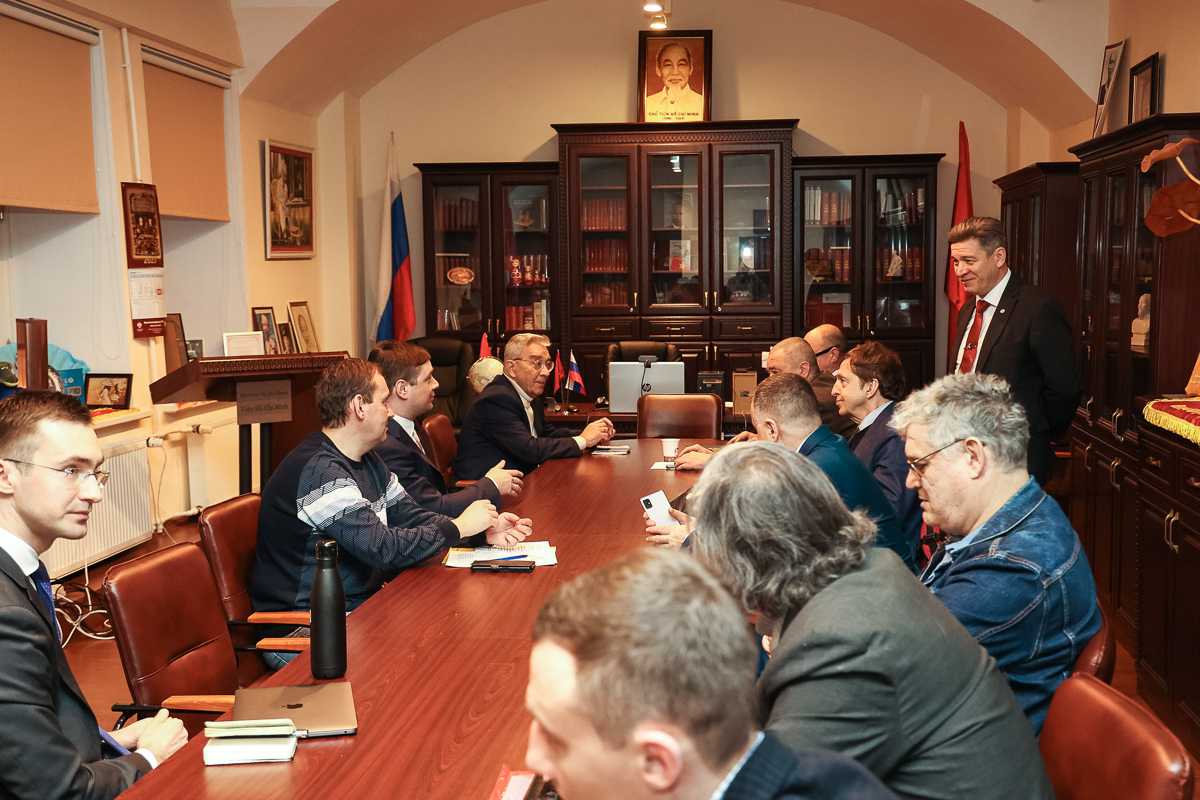From the Middle East to Eastern Europe: St Petersburg University experts discussed problems of the Eurasian arc of instability and geopolitical outcomes of 2022
SPbU has hosted the XIII International scientific conference "Eurasian arc of instability and problems of regional security from Eastern Europe to North Africa: 2022 outcomes".
Leading Russian scientists and experts discussed a wide range of factors influencing security systems of key regions along the Eurasian arc of instability.
Sergey Andryushin, Vice-Rector for International Affairs of St Petersburg University, delivered a welcoming speech.
At this conference every year we discuss problems in international relations and security. I would like to thank our partners from other universities and research institutions that each year help us in organizing the conference.
Sergey Andryushin, Vice-Rector for International Affairs of SPbU
Aleksandr Drozdenko, Governor of the Leningrad Region, addressed participants of the conference. ‘Within present situation topics of the conference agenda become especially important. They are of special interest to the Leningrad Region that has an important and strategic position in our country. I have no doubts that today there will be open and interesting dialogue between leading researchers and experts that will contribute to countering security threats and stable development of Russia and key Eurasian regions’, Aleksandr Drozdenko highlighted.
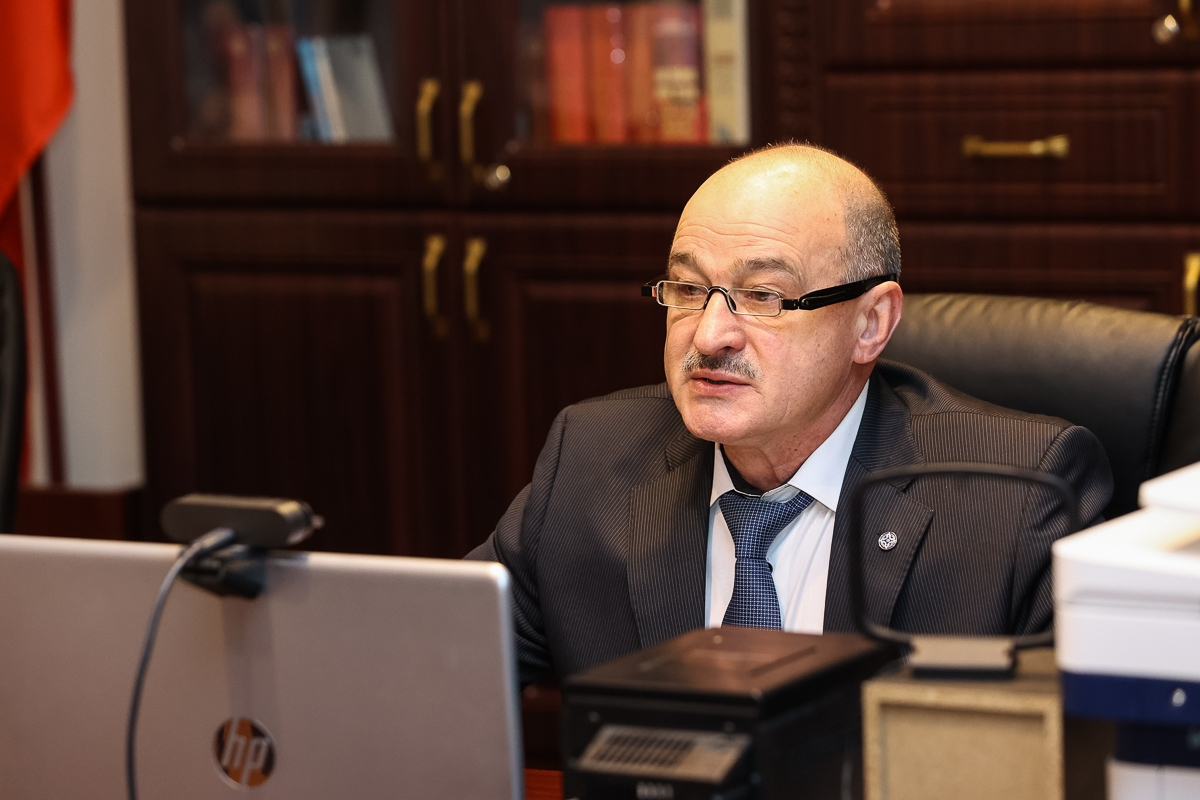
Vladimir Bondurovsky, Head of the Expert Analytics Department of the Secretariat of the Collective Security Treaty Organization Parliamentary Assembly (CSTO PA), delivered a welcoming speech on behalf of the organization. He told about current activities of the CSTO and challenges faced by CSTO member states.
According to Vladimir Kolotov, Eurasian arc of instability is informal mechanism of ensuring security of some countries through vulnerability of others. Destabilization of one or another Eurasian or North African region depends on functioning of this mechanism, and the system spans large territory from Atlantic to Pacific Ocean, and from the Arctic Ocean to the Indian Ocean.
Vladimir Kolotov, Director of the Ho Chi Minh Institute at St Petersburg University, Head of the Far East History Department, told about changes to the security situation along the Eurasian system of arcs of instability. He has demonstrated an interactive map of Eurasian arc of instability, which makes it possible to predict positions of different countries on future armed conflicts. ‘The main hotspot of the previous year is the Eastern Europe region. Before that, acute conflicts were taking place in North Africa and the Middle East, and now conflicts have been moved to the European territory. In fact, active military actions are happening in the post-Soviet territory involving NATO in a hybrid format. Conflicts in the Middle East and Central Asia continue to persist. There are trends for destabilization in South Caucasus and Eastern Asia (especially in the South China Sea). Tensions are rising even in the Arctic’, noted Professor Kolotov. Moreover, Vladimir Kolotov told about instruments of destabilization the situation in different regions. He also mentioned diplomatic situations of the previous year that led to loss of confidence in European countries by Russia, and formed an idea that international agreements aimed at establishing peace in the conflict zones are of disguising nature and pursue opposite goals.
Konstantin Pantserev, SPbU Professor, Theory and the History of International Relations Department, spoke about hybrid wars. According to Professor Pantserev, a profound crisis of international security system following World War II is that wars are not declared, they are going on in a hybrid format. Collapse of the USSR has led to the dissolution of the largest player in the global stage and shaping a unipolar world.
Professor Pang Changwei, China University of Petroleum (Beijing), dedicated his presentation to geopolitical and civilizational approaches to analyze strategic partnership of China and Russia. According to Professor, Siberia and Russian Far East regions are at the forefront of Russian pivot to Asian region and countering unfriendly actions in the East. Vladimir Avatkov, Head of the Department of the Middle and Post-Soviet East at the Institute of Scientific Information for Social Sciences of the Russian Academy of Sciences (INION RAS), outlined the role of Turkey for transformation of the Eurasian arc of instability. Feodor Voitolovsky, Corresponding member of the RAS, Director of the Primakov National Research Institute of World Economy and International Relations (IMEMO) of the RAS, delivered a presentation on Chinese component in the US National Security Strategy. Nina Shevchuk, Associate Professor of the Russian Academy of National Economy and Public Administration spoke about the European course of modern Moldova in the new geopolitical environment. Aleksandr Pelin, Archpriest, Director of the autonomous non-commercial organization "Centre for Ethnic and Religious Studies", President of the St Petersburg Patriarchate Department for Church-Society Relations, told about Russian religious organizations’ activities during the special military operation.


